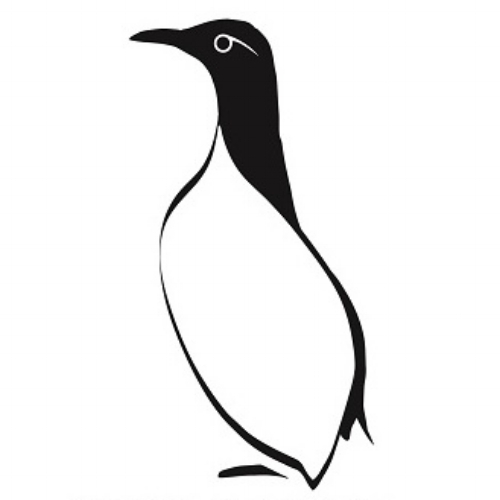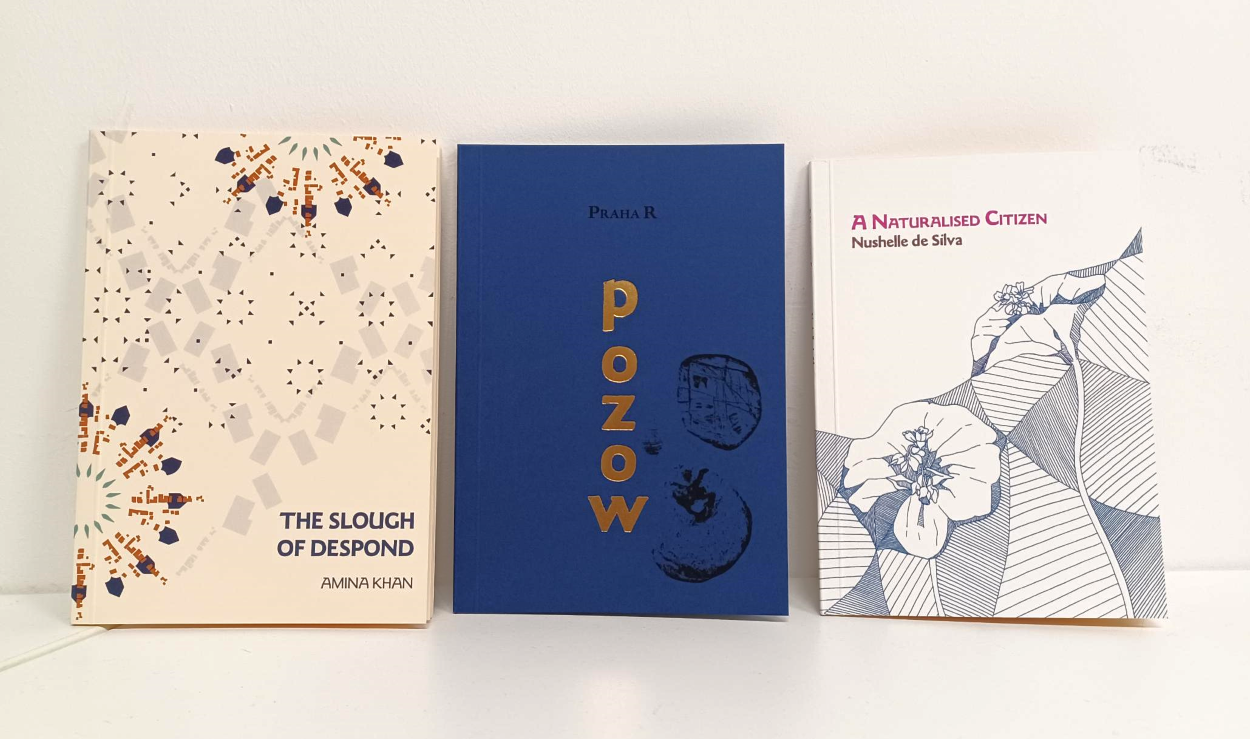In January 2024, Guillemot Press in collaboration with The Willowherb Review and The University of East Anglia are publishing three new writers of nature and place. In this feature Chi Low speaks to Willowherb founder Jessica J. Lee.
Imagine you’re sitting on a train. It’s been delayed so, naturally, you pull out your phone and begin scrolling. You notice an outcry. It’s caught your attention before, but now, here, in this suspended sense of time, it’s unavoidable. It would be easy to get angry, to feel frustrated, and, well, you do, but rather than allowing that frustration to consume you, you use it to ignite your cause. You speak up.
We’ve all been mobilised by a sense of injustice. The difference here is that Jessica J. Lee, who I had the pleasure of talking to recently, alchemised her feelings by creating an online journal, The Willowherb Review, providing ‘a digital platform to celebrate and bolster nature writing by emerging and established writers of colour’.
Jessica J Lee. (Photo by Ricardo Rivas.)
Jessica is an academic, a writer, and the founding editor of TWR. When I caught up with her, she told me the story of TWR’s conception. Jessica had been to a festival where many people were approaching her asking for recommendations for nature writing by other authors of colour. Around the same time, she had seen a surge in articles about the lack of inclusivity within the genre. After seeing that the Wainwright Prize Longlist for 2018 did not feature a single writer of colour, she wondered what she could do. She was stuck on a train and tweeted, asking if she should create a space where nature writers of colour could be published. The tweet received an overwhelming amount of support. Jessica looked out of the window, where she saw a large patch of willowherb, and purchased the domain name.
Willowherb, a common rail- and roadside flower in the UK, known as fireweed in the U.S., is often treated as a weed. The contrast between its brilliant, striking appearance and cultural status was not lost on Jessica:
I really love plants, but I also have such complicated feelings about hatred of certain plants in certain places. I’ve encountered plants in Taiwan, where my mom is from, that are gorgeous, and I love them. Then I find out that they’re terrible invasives elsewhere in the world. What does it mean for us to encounter something like that? What does that context do to the story?
The Willowherb Review finished its course in 2022 after publishing over seventy different writers’ works, garnering support from many different sources, and providing a springboard for emerging writers, such as Nina Mingya Powles, Mya-Rose Craig and Michael Malay. The Willowherb was involved in many different collaborations. It formed an integral part of sculpting a space within the nature writing community, and the industry itself, which began to fulfil the need for inclusivity and representation.
I was keen to pick Jessica’s brain to learn about The Willowherb Review’s involvement with the production of Pozow, A Naturalised Citizen and The Slough of Despond, which together form Three New Writers of Nature and Place essay pamphlets being released by Guillemot Press in January 2024. The project began at the University of East Anglia as part of a wider grant-funded project by Jos Smith and Hetty Saunders, Speculative Nature Writing: Feeling for the Future. The premise for publication was an opportunity for new writers to be mentored by The Willowherb Review in the production of a pamphlet series that explores topics relating to nature, place and identity.
When I asked Jessica about her involvement in the project, she was emphatic – it was clear that she was excited about these writers and what they had to say.
Part of the idea was that writers of colour, whose voices have not been as heard in the genre as many other writers, would be well poised to tackle this because of their positionality, due to their understanding of the uneven impacts of climate change in different ways and understanding migration and movement and how those shape our experience of the natural world.
How can we prepare for what might happen in the not-so-distant future? This is the kind of question that speculative nature writing can look to answer. In these pamphlets, as in Jessica’s own work Dispersals (due out April 2024), we can see writers engaged in the discourse around how we treat the natural world and the impact that has on the way we treat each other.
Since The Willowherb Review’s creation in 2018, a lot has changed. We’ve seen a rise in the publication and celebration of nature writers of colour, which is now better reflected in the Wainwright Prize as well as in the creation of The Nan Shepherd Prize (which has just been won by a Guillemot poet, Alycia Pirmohamed). I asked Jessica how the industry could continue to make important strides towards equality. One key factor, Jessica mentioned, that will help to generate change industry-wide is ‘more inclusion and diversity on the publishing side’. The publication of pamphlets like these, particularly by small presses like Guillemot, which might have more creative freedom than larger publishers beholden to data driven expectations, play an integral part, providing writers with the opportunity to write and to be heard. ‘The biggest barrier to inclusion,’ Jessica said, ‘is that people just don’t know how to start out.’
Seeing these pamphlets come to life has been a huge honour for me – and part of what makes me feel lucky to be involved in the project is seeing how much Guillemot cares about the writers they publish, a care echoed in the way that Jessica talks about the writers she works with. A lot of love has gone into these pamphlets. They are a beautiful blend of academic rumination and personal, poetical ideation on nature, place and identity. They look at how all these things intersect and provide insight into a world of nature writing that is very different from what you might be used to. Each is unique, but the three complement one another in unexpected and wonderful ways.
CHI LOW is an emerging writer with an interest in the natural world, surfing, and nature writing. A third year Creative Writing student at Falmouth University, she has been working with Guillemot Press and a team of students to help develop and launch these Three New Writers of Nature and Place.



